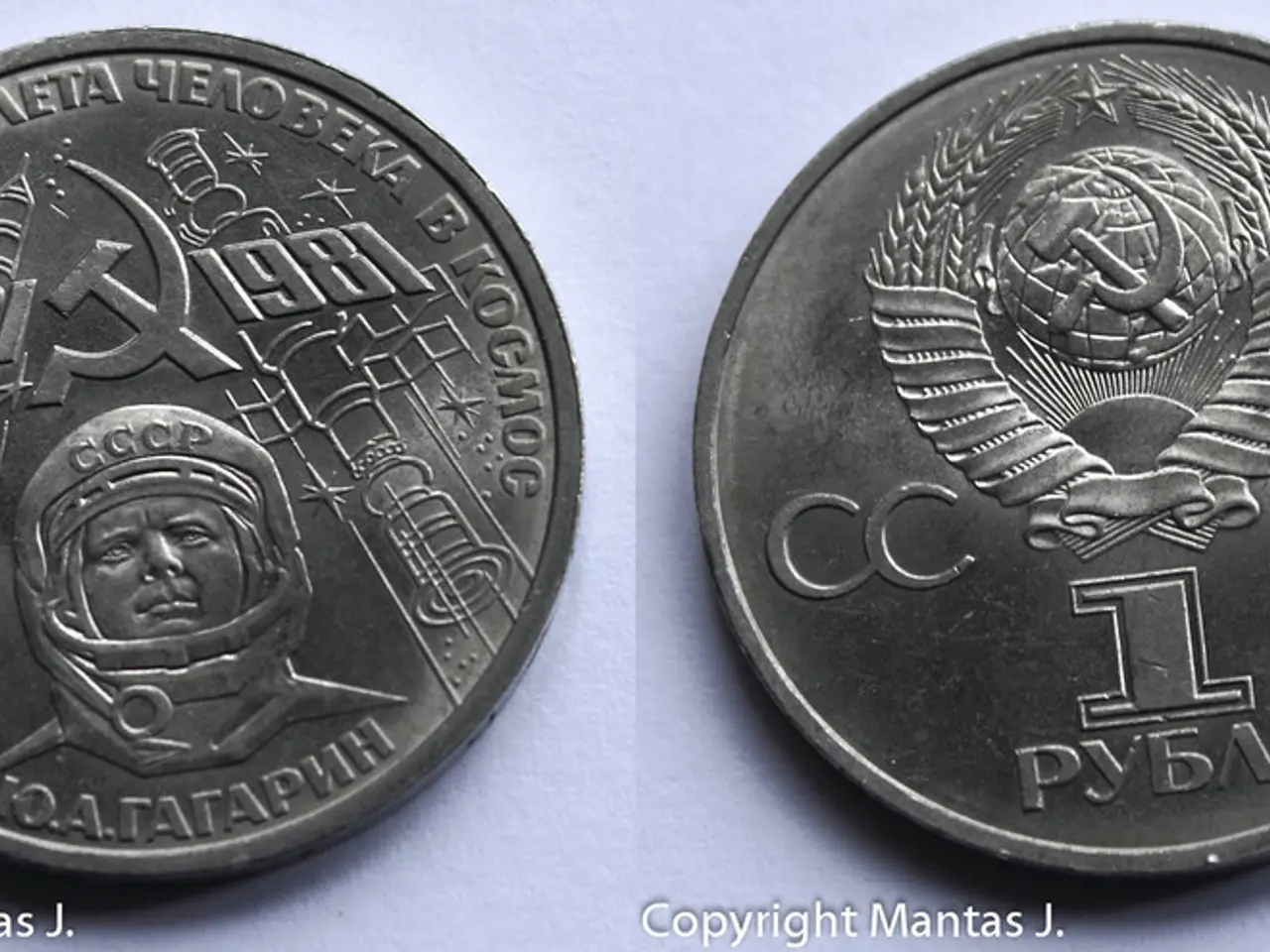Trump is establishing a retirement fund utilizing cryptocurrencies such as Bitcoin.
The Trump administration has taken a significant step towards revising the investment guidelines for the 401(k) system, a private retirement system in the US where employees can save a portion of their gross income for retirement through their employer. This move could potentially open up new investment opportunities for the approximately $12.5 trillion that is currently invested in 401(k) accounts.
President Trump has issued an executive order to allow these trillion-dollar retirement savings to invest in digital currencies and real estate. Until now, investments in the 401(k) system have been in reliable government bonds or stock market index funds, which yield a stable return but do not offer the prospect of very high value increases.
The revised guidelines are expected to include alternative investment options like digital currencies. This could allow retirees to tap into investment opportunities previously limited to wealthier Americans or public pension plans, possibly leading to stronger and more financially secure retirement outcomes.
However, this move could make the retirement savings of more than 90 million Americans more lucrative, but also expose them to significant fluctuations. Digital currencies, such as Bitcoin, are subject to significant fluctuations, and the new policy could potentially lead to high losses for the retirement savings of Americans due to the volatility of digital currencies and real estate markets.
The threat of lawsuits from investors in case of losses has prevented the US retirement system from investing in riskier ventures like digital currencies and real estate. The new executive order could potentially increase the potential for high returns on retirement savings, but at the risk of increased volatility and potential losses.
Financial investors and providers of digital currencies have shown interest in retirement savings. Trump has previously made a campaign promise to bring digital tokens more into everyday finance, and his family is also involved in the business of digital tokens.
The benefits for American retirees if the executive order opens 401(k) plans to digital currencies and real estate include broader diversification and the possibility of higher returns from alternative asset classes like cryptocurrency, private equity, and real estate. However, the risks involve increased exposure to high volatility, greater investment complexity, higher fees, and potential legal or regulatory challenges.
Agencies like the SEC and Departments of Labor and Treasury will revise guidance to ensure investor protection, but legal complexities remain. Major providers (e.g., Fidelity, Vanguard) will take time to develop compliant investment products; widespread changes may take years.
In conclusion, while opening 401(k) plans to digital currencies and real estate can provide opportunities for greater returns and diversification, retirees face significant risk exposure, higher fees, and regulatory uncertainties that must be carefully managed.
[1] Broader diversification and growth potential [2] Higher risks and costs [3] Regulatory and fiduciary oversight [4] Slow adoption expected [5] Potential risks associated with digital currency investments
The revised investment guidelines for 401(k) systems, as proposed by President Trump, include alternative options like digital currencies, offering a chance for broader diversification and growth potential in retirement savings. However, this move brings higher risks and costs associated with investments in digital currencies, such as Bitcoin, due to their volatility and market fluctuations. Regulatory and fiduciary oversight, as well as the slow adoption of compliant investment products, are expected to be significant challenges in the process.




